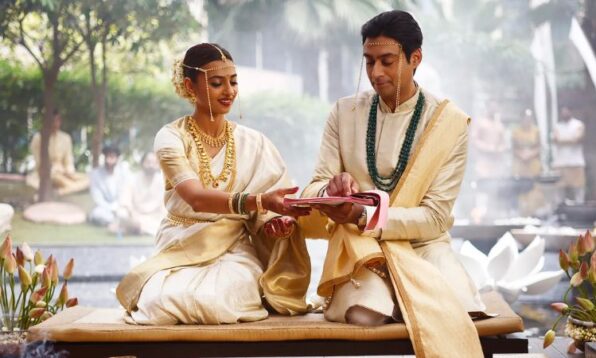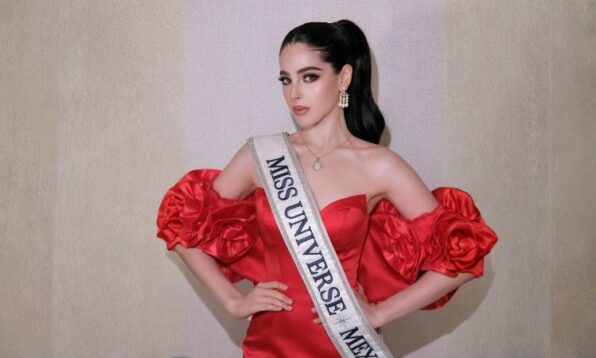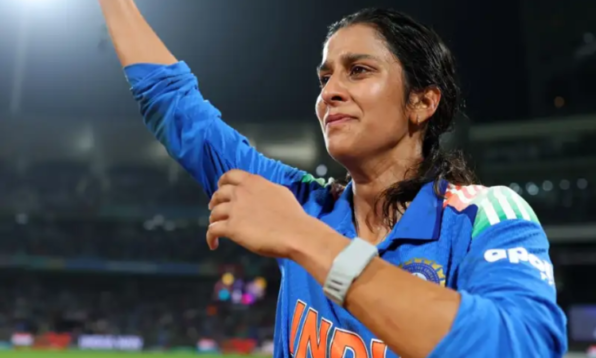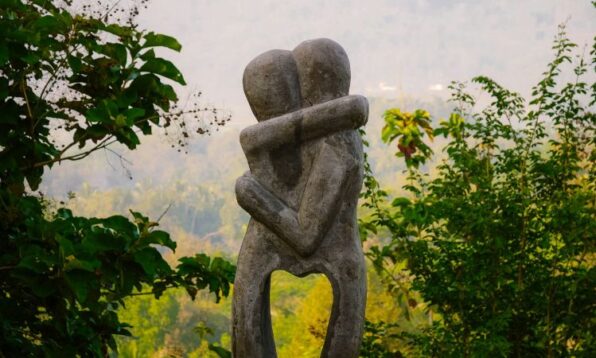Once upon a time, a “US-based groom” was the ultimate jackpot on a matrimonial profile. The dollar sign sparkled brighter than kundan jewellery, and green cards felt like golden tickets. But in 2025, that sheen has started to fade, not because the dream died, but because it’s getting complicated. As questions around how US visa rules will impact Indians and their spouses, families are rethinking their priorities. We spoke with Vows for Eternity, a matrimonial platform that caters to NRIs, and they have observed how immigration uncertainty is reshaping not just where couples choose to live, but how they think about partnership itself.
Related: Have You Booked A Content Creator For Your Wedding? Here’s Why You Need One
How will US visa rules impact Indian marriages abroad?

Over the last couple of years, the US immigration landscape has become trickier for professionals and families alike. Lengthy green card queues, tightening H-1B rules, and increased scrutiny on work permits have made the American dream feel more like a long waiting game. The uncertainties keep growing as the Trump government keeps announcing fresh visa curbs. And no one wants to marry into uncertainty.
As Vows for Eternity puts it, “Immigration policy has become part of the marriage conversation more than before, not as a deterrent, but as a practical consideration.” Families are still looking westward, but with more questions than assumptions. They want to understand what these policies mean for their future.
“What we’re observing isn’t hesitation, but recalibration,” explains the team. “Families aren’t turning away from the US; they’re simply broadening their lens.” Countries like Canada, the UK, and Australia, with more predictable immigration pathways, are now becoming attractive alternatives. And interestingly, India itself is back in vogue. With booming industries, cosmopolitan cities, and a robust social ecosystem, settling down in India is no longer seen as second-best.
“Choosing an India-based match isn’t seen as a compromise anymore,” Vows for Eternity notes. “It’s often a deliberate choice grounded in certainty, connection, and shared values.”
The rise of the thoughtful match
This shift has quietly redefined what families now call an ideal match. Geography is no longer the make-or-break factor — emotional compatibility is. “The new definition of an ideal match goes beyond location or immigration status,” says Vows for Eternity. “It’s about shared worldviews, emotional alignment, adaptability, and mutual respect.” Rather than impulsively chasing NRI profiles, families are doing their homework: understanding visa categories, settlement laws, and dual-career implications before moving forward. As the matrimonial platform puts it, “The questions are pragmatic, not panic-driven. Marriage is one of the biggest decisions of one’s life, and these practicalities are part of responsible decision-making.”
Even for US-based Indians, the concern isn’t despair; it’s realism. “Our clients are high-achieving individuals in technology, finance, and entrepreneurship,” the team explains. “They’ve built resilience through uncertainty before.”
This new realism is actually creating healthier dynamics. Couples are now discussing backup plans, cross-border career moves, and long-term logistics openly — a shift that Vows for Eternity believes is making relationships stronger. “That transparency actually leads to stronger relationships,” they explain. “It builds realism into the foundation of marriage.”
As borders tighten control and laws fluctuate, one thing remains constant. The desire for connection rooted in shared ambition and purpose. “Our clients are global citizens,” Vows for Eternity observes. “The conversation is shifting from ‘Where do we live?’ to ‘Where can we build a life that feels stable and aligned?’”
Featured Image Source
Related: Digital Wedding Invites 2025: 8 Websites With Gorgeous Designs

 Web Stories
Web Stories













